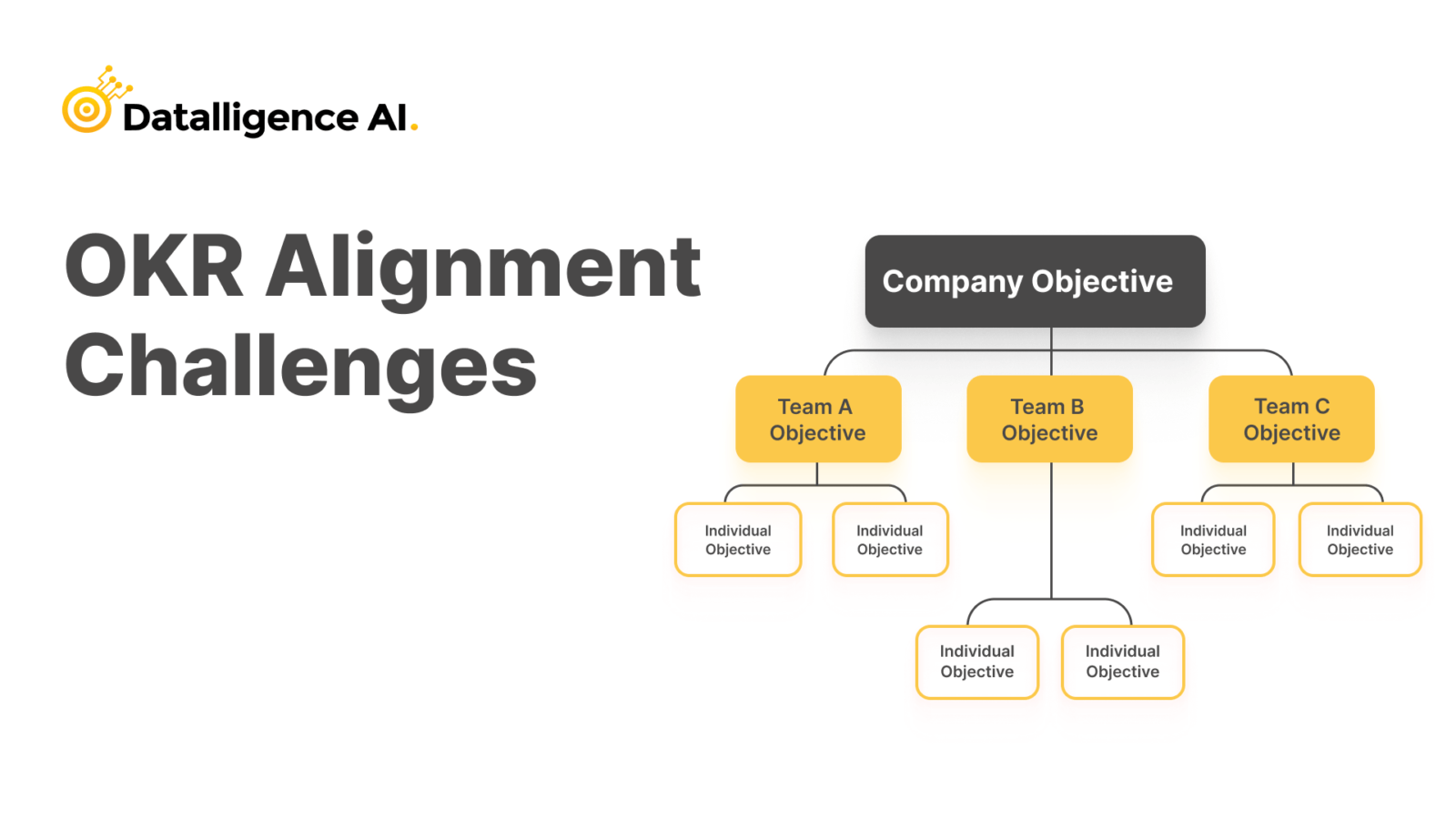The Bahá’í teachings present a profound exploration of how one’s challenges become the crucibles for character and vision. The concept of “Accidental Alignment” emerges as an intricate metaphor, elucidating the often serendipitous nature of personal growth and spiritual awakening. While the unyielding nature of challenges may initially appear as obstacles, they can indeed serve as pivotal turning points that catalyze our inherent capacities and refine our understanding of the divine purpose.
At its core, the Bahá’í Faith emphasizes the interconnectedness of humanity and the necessity for unity amid diversity. The trials faced by individuals are not mere deterministic factors; rather, they are the unexpected alignments that guide one toward a more enlightened existence. The Bahá’í writings illuminate that each challenge possesses the potential to unveil latent talents and strengths, revealing a path laden with insights and revelations.
To delve deeper into this notion, one may consider the metaphor of a sculptor at work. Each blow of the chisel, seemingly haphazard and brutal, is in fact a deliberate act designed to uncover the masterpiece hidden within the stone. Similarly, our challenges are the chisels of our spiritual development, striking at the emotional bedrock of our being, and shaping us into refined instruments of peace and service. These moments of difficulty are analogous to the sculptor’s meticulous process; they are essential for achieving the clarity of purpose and vision required to navigate the spiritual landscape.
The Bahá’í writings emphasize reliance on prayer and reflection during times of tribulation. Such practices are not merely passive responses but proactive engagements that facilitate divine alignment. Through sincere supplication, one aligns their will with that of God, seeking guidance to comprehend the lessons embedded within adversity. The interplay of human endeavor and divine assistance manifests as the soul grapples with the frequently paradoxical nature of existence. In this way, challenges are transformed into opportunities for spiritual enlightenment, fostering a profound sense of resilience and purpose.
Moreover, the concept of “Accidental Alignment” invites contemplation regarding the collective challenges humanity faces. The Bahá’í teachings advocate for a global perspective, urging individuals to recognize the interdependence that binds us. The trials encountered by one group can serve as a catalyst for learning and growth in another. In this sense, societal challenges—be they economic strife, environmental degradation, or social injustice—are not merely local afflictions but universal invitations to realign our collective vision toward a more just and harmonious world.
This alignment is strikingly illustrated through historical narratives of transformative figures. For instance, Bahá’u’lláh, the founder of the Bahá’í Faith, endured numerous adversities, including imprisonment and exile. Such profound trials did not impede his mission; instead, they fortified his resolve and illuminated his vision for humanity. It is in confronting and transcending these challenges that he propagated principles of unity, justice, and love—a testament to the notion that misalignment often births prosperity in the most unexpected ways.
In further examining the phenomenon of accidental alignment, one may also consider its implications for personal identity. Each individual’s unique challenges sculpt their worldview, infusing their contributions to civilization with authenticity and depth. In this light, challenges serve as identity markers, shaping individual perspectives and enriching communal discourse. The Bahá’í teachings celebrate diversity, asserting that multiplicity enhances our collective understanding of truth. It is through the prism of varied experiences that the totality of human wisdom is revealed.
Furthermore, the transformative power of challenges delineates a pathway toward achieving personal and communal objectives. Each obstacle navigated holds the potential for alignment with a higher vision, offering fresh insights that propel one forward. When Bahá’ís encounter adversities, they are encouraged to approach them with the understanding that these experiences, albeit challenging, serve to hone their capacities for service and leadership. Each trial surmounted becomes a stepping stone, reinforcing their resolve to contribute positively to the world around them.
Intriguingly, the philosophy underlying accidental alignment also invites reflections on current societal phenomena. The global challenges of climate change, health crises, and social divisions compel humanity to reconsider the very fabric of existence and our shared responsibilities. The Bahá’í teachings assert that these challenges necessitate a recalibration of our collective goals. Rather than retreating into silos of despair and division, we are beckoned to engage in cooperative dialogues, leveraging our unique challenges to unite in pursuit of solutions that benefit all.
Ultimately, the journey of aligning vision through challenges encapsulates the essence of the Bahá’í Faith. It is a call to embrace life’s unpredictability with courage and conviction. By viewing challenges as divine invitations to realize our fullest potential, individuals and communities can transcend isolation and disillusionment, forging paths toward greater unity and understanding. It is through the lens of accidental alignment that the multifaceted dimensions of human experience coalesce, revealing a tapestry woven with threads of resilience, compassion, and an unwavering commitment to the upliftment of humanity.
In summation, the Bahá’í teachings on accidental alignment compel us to reimagine our challenges as vital catalysts for spiritual and communal evolution. Embracing these trials ultimately illuminates the path toward a flourishing future, where the unexpected emerge as profound opportunities for growth, alignment, and unparalleled vision. This transformative perspective heralds an epoch where humanity chooses to unite, inspired by lessons learned in the crucible of adversity, to collectively aspire toward a future imbued with peace, justice, and harmony.
